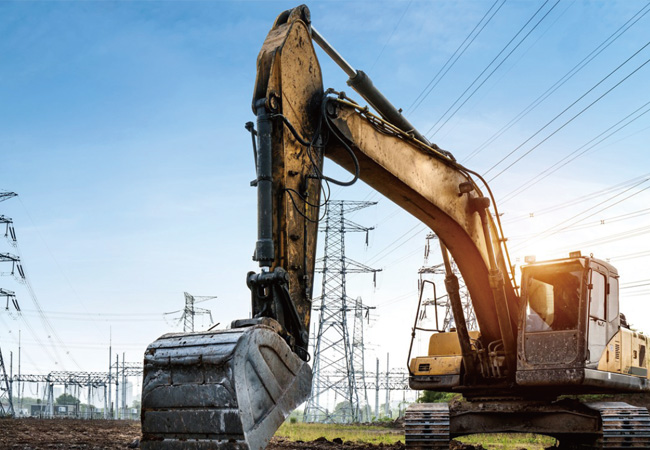What is a pressure sensor?
Time:Oct 12, 2024 Author:Stone Read:0
Pressure sensor is a device used to measure pressure. It can sense pressure and convert it into corresponding electrical signal output. It is widely used in various fields such as industrial automation, automobile, and medical. This article will introduce the definition, working principle, classification and selection of pressure sensors.
Definition of pressure sensor
Pressure sensor is a device that converts pressure signals into electrical signals. It can sense the pressure changes of substances such as gas, liquid or solid, and convert them into corresponding electrical signal output to facilitate subsequent processing and control.
Working principle of pressure sensor
There are two main working principles of pressure sensors: piezoelectric effect and resistance strain effect.
Piezoelectric effect: When some crystals are subjected to external pressure, the centers of positive and negative charges inside them will be relatively displaced, thereby generating charges on the surface of the crystal and forming electrical signal output. This effect is called piezoelectric effect.
Resistance strain effect: The resistance value of some metals or semiconductors will change with the change of stress. When subjected to external pressure, their resistance value will also change, thereby generating electrical signal output. This effect is called resistance strain effect.

How are pressure sensors classified?
Classified by measurement principle: can be divided into piezoresistive, resonant, capacitive, steel plate, etc.
Classified by packaging material: can be divided into plastic packaging, ceramic packaging, metal packaging, etc.
Classified by output signal: can be divided into digital signal output and analog signal output.
How to choose a pressure sensor?
When choosing a suitable pressure sensor, you need to consider the following factors:
Measurement range: Choose a suitable pressure sensor according to the actual pressure range to be measured.
Accuracy: Choose a pressure sensor with appropriate accuracy according to actual needs.
Stability: Choose a pressure sensor with good stability to ensure long-term reliability.
Durability:Choose a durable pressure sensor to reduce the frequency of maintenance and replacement.
Installation method:Choose a suitable installation method according to actual needs, such as threaded installation, flange installation, etc.
Environmental conditions:Consider the environmental conditions of the pressure sensor, such as temperature, humidity, electromagnetic interference, etc., and choose a pressure sensor suitable for working under these conditions.
Price:Choose a reasonably priced pressure sensor on the premise of meeting actual needs.
In summary, the pressure sensor is a device that converts pressure signals into electrical signals and is widely used in various fields. When choosing a suitable pressure sensor, it is necessary to consider several factors such as measurement range, accuracy, stability, durability, installation method, environmental conditions and price. Understanding these factors will help to correctly select and use pressure sensors and achieve accurate measurement and control of pressure signals.
Previous:What is a sensor? Next:How do force sensors work?
